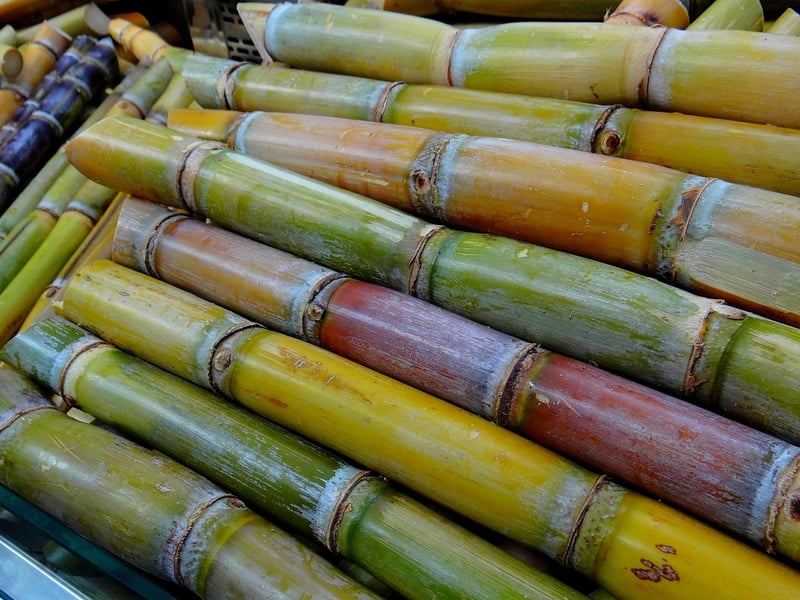Future of Food Production
Exploring the Future of Food Production and Innovation
In today's rapidly evolving world, the food industry is witnessing a wave of innovation that promises to revolutionize how we produce and consume food. From high-tech vertical farms to plant-based meat alternatives, the future of food production is both exciting and full of possibilities. Let's delve into some of the latest trends and advancements shaping the way we think about food.
Vertical Farming: Growing Upwards
One of the most intriguing developments in food production is vertical farming. This innovative approach involves growing crops in vertically stacked layers, often in controlled environments like warehouses or skyscrapers. By using artificial lighting and advanced hydroponic or aeroponic systems, vertical farms can produce crops efficiently and sustainably, with minimal water usage and no need for pesticides.

Plant-Based Revolution: Redefining Meat
With concerns about sustainability and animal welfare on the rise, plant-based alternatives to traditional meat products have gained popularity. Companies like Beyond Meat and Impossible Foods are leading the way in creating delicious and environmentally friendly meat substitutes that closely mimic the taste and texture of real meat. These plant-based options not only appeal to vegans and vegetarians but also to meat-eaters looking to reduce their consumption of animal products.

3D Food Printing: From Sci-Fi to Reality
Imagine being able to design and print your food in 3D! 3D food printing technology is making this futuristic concept a reality by using edible ingredients to create intricate and customized food items. From personalized chocolates to intricate pasta shapes, 3D food printing allows for precise control over the texture, flavor, and nutritional content of food, opening up endless possibilities for culinary creativity.

Cultured Meat: Lab-Grown Protein
Cultured meat, also known as lab-grown meat or clean meat, is produced by culturing animal cells in a lab setting to create real meat without the need to raise and slaughter animals. This innovative approach not only addresses ethical concerns related to traditional meat production but also has the potential to reduce the environmental impact of livestock farming. Cultured meat offers a sustainable and cruelty-free alternative that could revolutionize the meat industry in the coming years.

Conclusion
The future of food production is bright and filled with innovation. As we continue to explore new technologies and sustainable practices, we are paving the way for a more resilient and environmentally conscious food system. Whether it's vertical farming, plant-based alternatives, 3D food printing, or cultured meat, the possibilities are endless, and the future of food looks promising.
Embrace the changes, explore new tastes, and be part of the food revolution!
